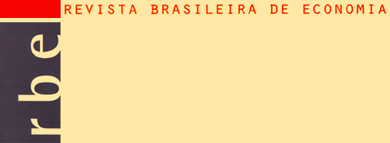In this paper we investigate the uncertainty effects on Brazilian economic activity. To this purpose, we construct several proxies to capture the uncertaintylevels ofBrazilian economy (domestic uncertainty) and of its main trading partners (external uncertainty). Next, we estimate structural vector autoregressions (SVARs) models, as proposed by Baker, Bloom & Davis (2016)Baker, S. R., Bloom, N. & Davis, S. J. (2016). Measuring economic policy uncertainty. The Quarterly Journal of Economics, 131(4), 1593-1636.. The impulse response functions suggest significant contractionary effects of the uncertainty on activity, mainly on investment. Our estimates also suggest that domestic uncertainty effects are more pronounced than the external ones. It can be said, therefore, that the uncertainty levels prevailing in Brazil since the presidential elections of 2014 represent an important factor behind the subsequent recession. We estimate that if there had been no expansion of the domestic uncertainty observed from the second half of 2014, industrial production in 2015 would have been, on average, between 0.9% and 3.9% higher, depending on the uncertainty proxy variable used. In the case ofIBC-Br, this would have been between 0.4% and 1.3% higher. Our results are robust considering several changes in the model.









